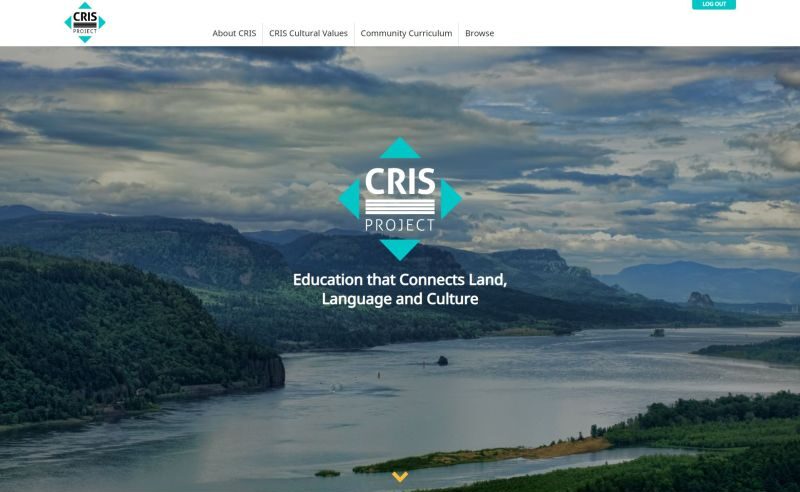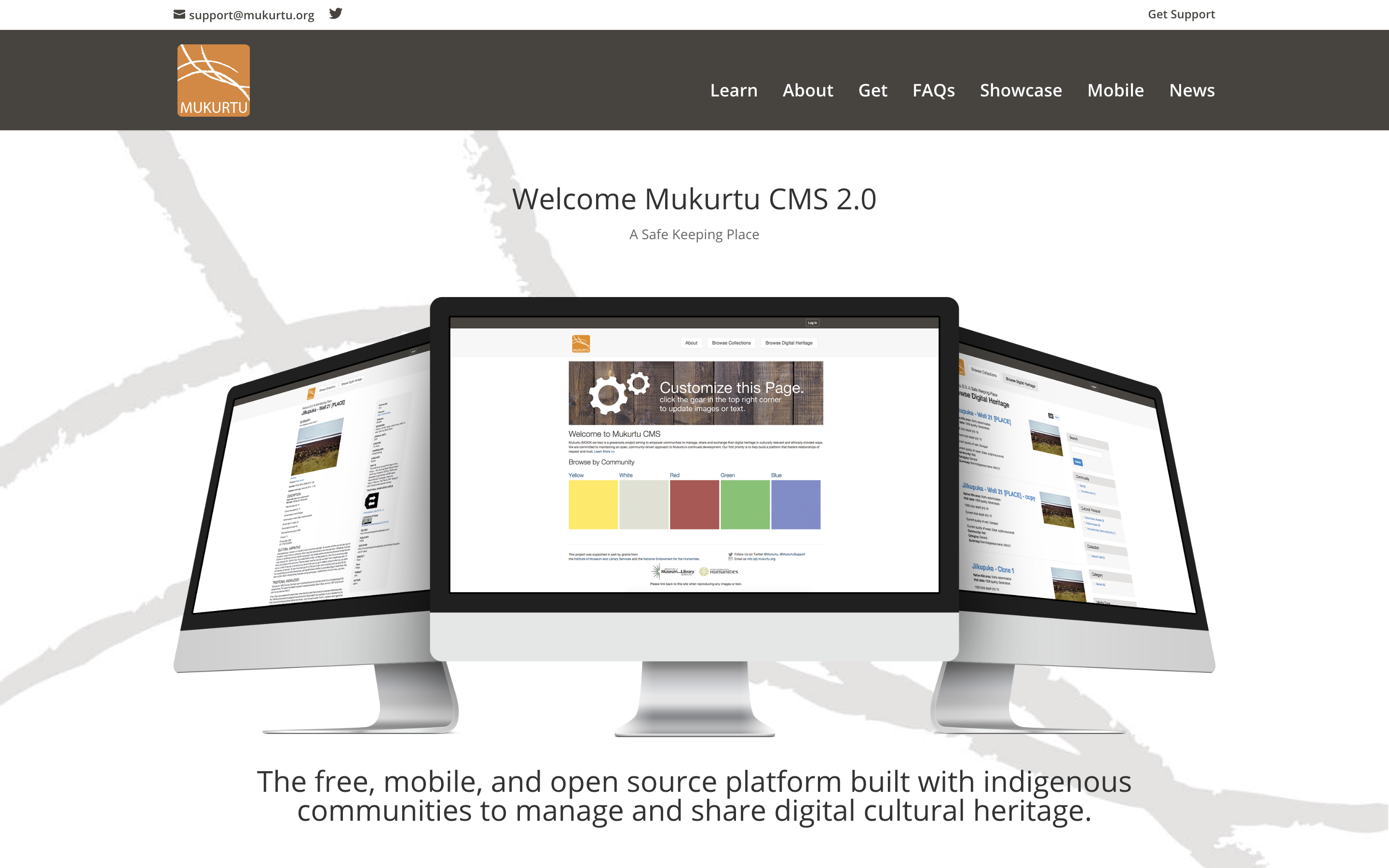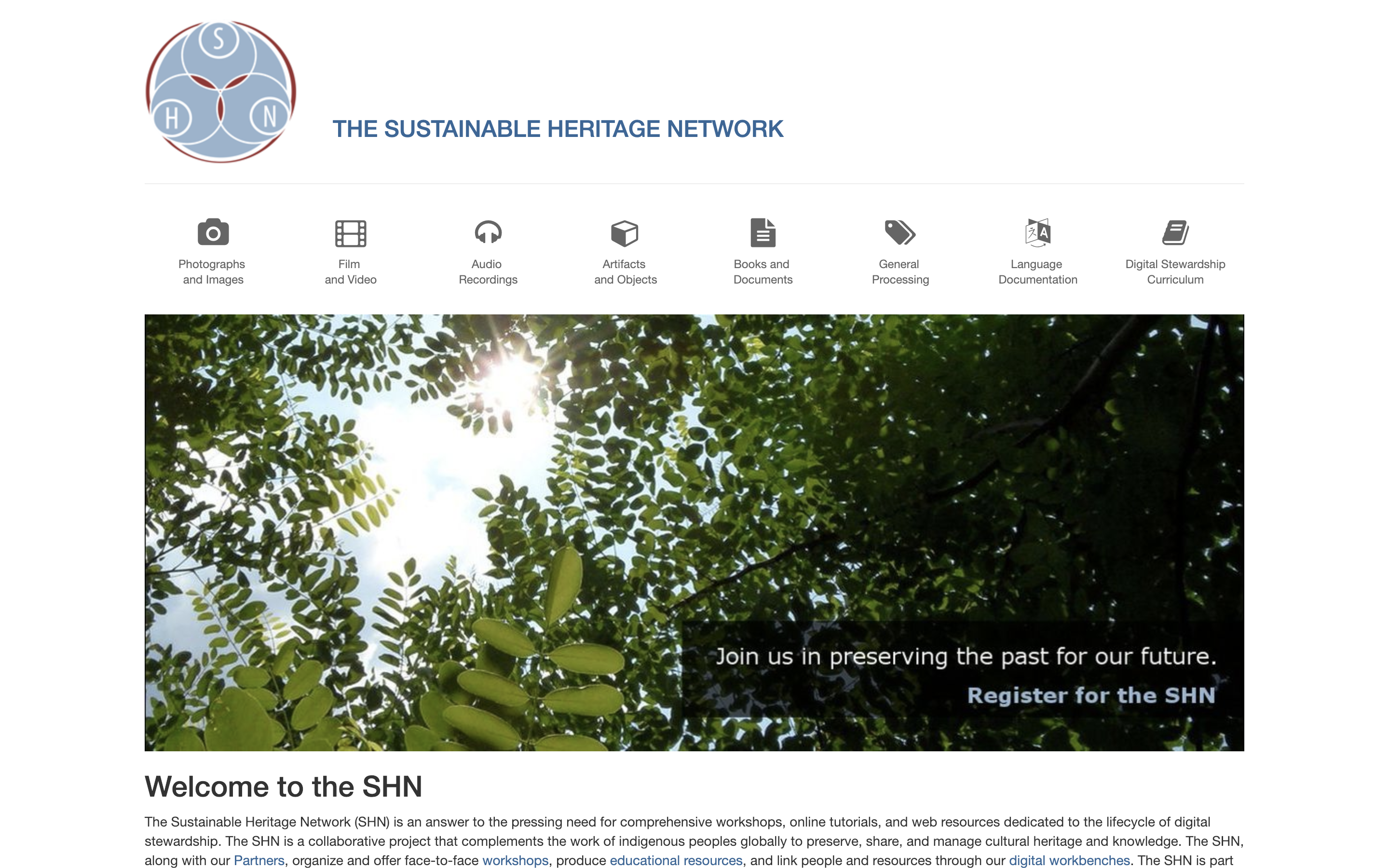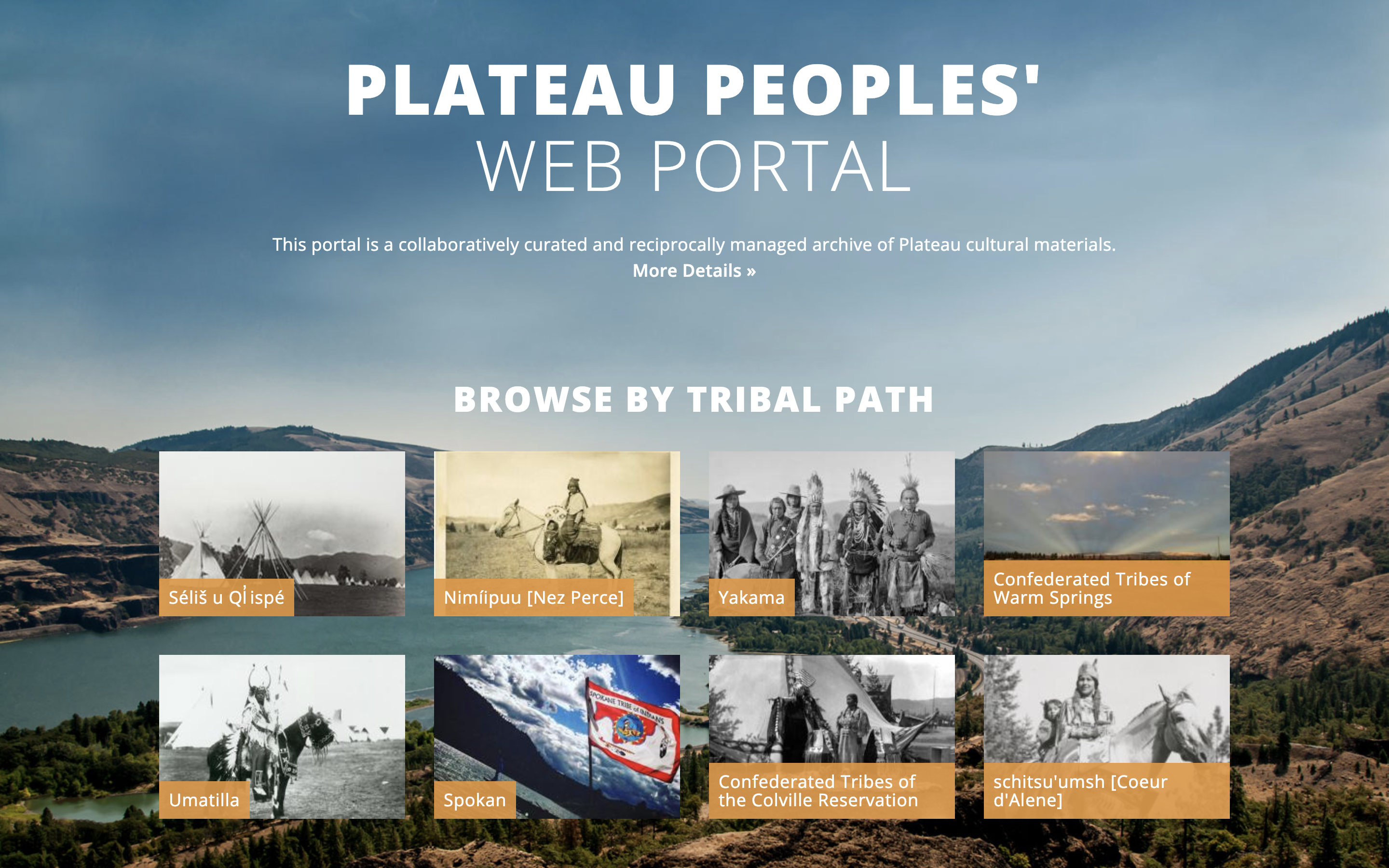Center for Digital Scholarship and Curation
The Culturally Responsive Indigenous Science Project
The Culturally Responsive Indigenous Science (CRIS) Project is a collaboration with three tribal communities in the Northwest. The Project catalyzes new approaches to Indigenous science teaching and learning through land-based curriculum and hands-on enrichment programs that weave Indigenous knowledges and languages with western science with digital tools to increase Native American students’ learning, engagement and achievement across the sciences. The CRIS project utilizes the Mukurtu CMS digital platform to create a robust student-centered website providing an access point for students and teachers to engage. In addition, students use the Mukurtu Mobile app to gather, narrate, annotate, and share materials outside of the classroom and using Native languages, cultural narratives, and traditional knowledge.
The CRIS Project partners and collaborators include teachers, Elders, and community members from the Coeur d’Alene Tribal School and Coeur d’Alene Tribe Language Program; the Paschal Sherman Indian School, Nespelem Elementary School, and Confederated Tribes of the Colville Reservation Language Program; the Confederated Tribes of Warm Springs Culture and Heritage Department and the Warm Springs K-8 Academy. At WSU, colleges and departments collaborate to make up the grant team. Partners include the College of Education, Office of Tribal Relations and Native American Programs, the Center for Digital Scholarship and Curation (CDSC), the WSU Libraries, and the College of Arts and Sciences.
To learn more about the CRIS Project, view the project video created by Dr. Edmundo Aguilar, read the Community for Advancing Discovery Research in Education (CADRE) website or this WSU Insider article.
The Tribal Digital Stewardship Cohort Program
The Tribal Digital Stewardship Cohort Program is a twelve-month program for tribal archivists, librarians, and museum professionals. Using a cohort model and both face-to-face and online training, the program provides the skills necessary for managing and caring for cultural materials emphasizing local tribal needs and values. The program promotes skills in the entire digital stewardship lifecycle–from the care of physical objects, to digitization skills, to access and use decisions and policy creation with a focus on collaborative curation.
Mukurtu CMS
Mukurtu CMS is a free and open-source community digital access platform and content management system developed and managed at Washington State University. Mukurtu provides new opportunities to engage with the challenges and possibilities for digital collections management, sharing, and curation at multiple scales.
The Sustainable Heritage Network
The Sustainable Heritage Network (SHN) provides hands on and virtual training in the digital lifecycle of cultural materials. Aimed specifically at the needs of tribal archivists, librarians, and museum specialists, the SHN makes information and educational resources accessible for the preservation of digital cultural heritage and traditional knowledge.
The Plateau Peoples’ Web Portal
The Portal is a collaboratively curated and reciprocally managed archive of Plateau cultural materials. Built using Mukurtu CMS, the Portal is a collaboration between Washington State University and the Spokane Tribe of Indians, the Confederated Tribes of the Colville Reservation, the Confederated Tribes of the Umatilla Indian Reservation, the Coeur d’Alene Tribe of Indians, the Confederated Tribes of Warm Springs, the Nez Perce Tribe, and the Confederated Bands and Tribes of the Yakama Nation.




